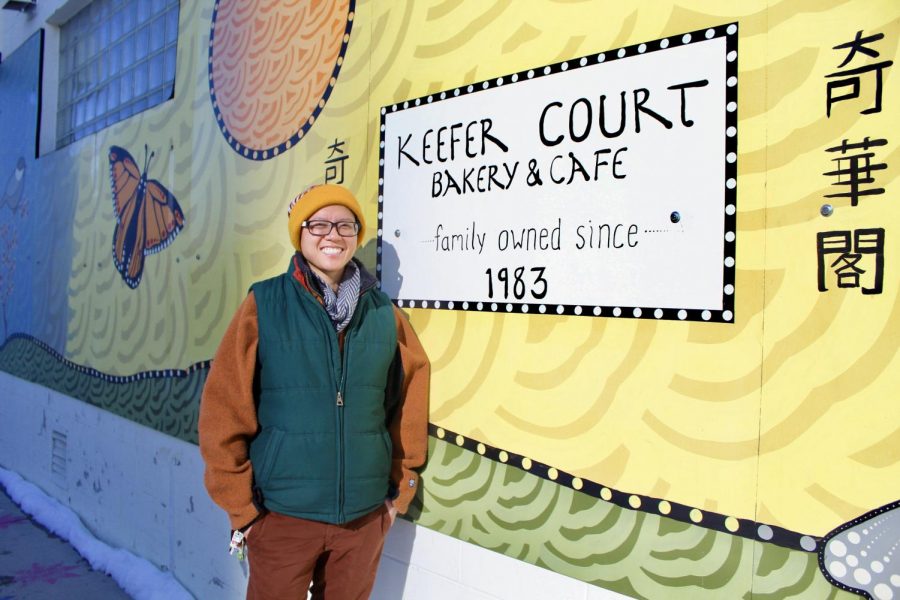While other neighborhoods near the University of Minnesota have lost some landmark institutions, West Bank restaurants have mostly weathered the storm of the pandemic.
The restaurant landscape largely remains the same in Cedar-Riverside despite the challenges of COVID-19 lockdowns. The West Bank Business Association (WBBA) rolled out initiatives throughout the pandemic to help ease new businesses into the area and support established locations.
Acadia cafe posted to Facebook in September that it was seeking new ownership. The restaurant has been closed since June during remodeling.
“After 18 years, two locations, countless music/karaoke/theater shows and a pandemic, the owners are ready to move on,” the post read. “The business is currently closed for renovations and covid, and we’re looking for someone to bring it into its next phase.”
Malabari Kitchen, an Indian restaurant on Cedar Avenue South, closed in March with no plans to reopen.
No restaurants have opened in the neighborhood within the last year, said KJ Starr, business services director of WBBA. But JoJo Ndege hoped to.
He originally planned to open Kilimanjaro Grill last June but said the pandemic difficulties forced him to delay the opening date to fall of this year. The restaurant will be located in the old Viking Bar location, though the work on the building is not yet completed.
Ndege has hosted a radio show called African Rhythms for more than ten years and has been involved with many African music events in the area, so he said it felt “natural” to open his restaurant in Cedar-Riverside.
“I felt that if I brought in the cuisine part of it, it will just enrich the neighborhood even more,” Ndege said. “We’ll invite different chefs to do different foods from different ethnicities, but all of that is not going to work anytime soon, so when we open we’re going to start with the catering.”
Kilimanjaro Grill will offer take-out options, catering services and possibly a sidewalk cafe. Ndege said he had to completely discard his first business plan once the pandemic hit.
“So, the first thing is how we’re going to be able to change within short notice with whatever happens,” Ndege said. “The second thing is there’s no certainty as to how we’re going to end up.”
Many restaurants have added or expanded online ordering options. Michelle Kwan, owner of Keefer Court, said the pandemic has not significantly impacted their sales, because their bakery already had an extensive takeout menu.
“In addition to being a bakery and everything, it’s definitely been different, because we never did delivery before and starting last year, we started doing delivery with those third-party businesses,” Kwan said, noting that she had to set delivery prices higher to cover the extra costs of third-party apps.
Many West Bank businesses are a part of the WBBA and could take part in the initiatives that they are setting in place this year, such as websites for businesses on WBBA’s directory. Starr said the association is putting together photos and small stories for each of their 200 member businesses that will be linked to an interactive map on the WBBA website.
“So, you can click on the map on our website, and I can pull up like what is your grocery and you can see [the owner] and his mother and all the cool foods they have at their grocery store,” Starr said.
Starr said that the association is also planning to assemble a framework and staffing for a restorative justice program in the neighborhood. WBBA helps restaurant owners to apply for grants and loans as needed, as well.
At The Red Sea, a mainstay that has been in the neighborhood for decades, the bar and live music venue have been closed since March, and dining capacity is still limited to 50%.
Russom Solomon, longtime owner of the Ethiopian restaurant, said he is just waiting for the state’s restrictions to ease.
“It’s a constantly changing neighborhood,” Solomon said. “But we have adapted with the change.”



















